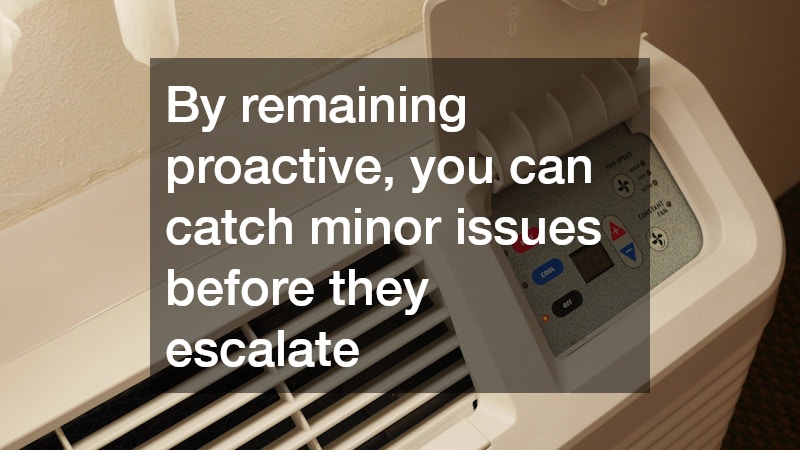
Maintenance Questions to Ask Your HVAC Company
When it comes to maintaining the comfort and efficiency of your home, knowing the right questions to ask your HVAC company can make all the difference. Whether you’re dealing with a routine check-up or unexpected issues, being informed helps ensure that your HVAC system operates optimally.
1. How Often Should I Schedule Maintenance for My HVAC System?
Understanding the Importance of Regular Maintenance
Regular maintenance is essential for prolonging the lifespan of your HVAC system and ensuring it runs efficiently. Seasonal tune-ups can address wear and tear that might otherwise go unnoticed until it causes an issue.
During these regular visits, your HVAC technician can perform necessary checks and corrections, helping you avoid costly repairs and ensuring optimal performance year-round.
Consistent maintenance routines are also significant for maintaining warranty protections. Many HVAC manufacturers require proof of regular system maintenance to honor warranty claims. This stipulation is crucial to remember as it ensures that, should a problem arise, you are eligible to receive the covered service without unnecessary financial expenditure. Additionally, regularly maintained systems typically experience fewer breakdowns and tend to be more energy-efficient.
Ultimately, the frequency of maintenance can vary based on factors such as system age and operating conditions. Generally, it’s advised to schedule professional maintenance biannually, ideally before the onset of major heating and cooling seasons. By remaining proactive, you can catch minor issues before they escalate into significant problems, providing you with peace of mind and comfort.
2. What Are the Signs That My HVAC System Needs Repair?
Identifying Early Warning Signs
Recognizing the indicators that your system may need repairs can prevent bigger issues down the line. Being attuned to these signs can be crucial in preventing extensive damage and ensuring the efficient operation of your HVAC system. One of the most common indicators is unusual noises such as clanking, grinding, or squealing, which may suggest mechanical issues or debris interfering with the system’s operation.
Another critical sign to watch for is inconsistent temperatures throughout your home. This might indicate problems like ductwork obstructions or thermostat malfunctions. If certain rooms are persistently warmer or cooler than others, it’s a cue that professional evaluation might be necessary. Maintaining even temperatures not only enhances comfort but also indicates that the system is distributing airflow correctly.
Lastly, a notable increase in your energy bills without a corresponding rise in usage could suggest inefficiencies in your HVAC setup. Inefficient systems typically work harder than required, consuming more energy and subsequently increasing costs. Promptly addressing these symptoms with your HVAC professional can prevent more severe system failures and unnecessary expenses in the future.
3. How Can I Improve the Energy Efficiency of My HVAC System?
Energy Efficiency Enhancement Tips
Improving energy efficiency not only reduces utility bills but also extends the life of your system. One effective approach is optimizing thermostat settings. Programmable thermostats offer the capability to set temperature cycles according to your schedule, thereby reducing unnecessary usage. Considering the fact that every degree of temperature change can affect your energy bill by up to 1%, smart thermostat strategies are invaluable for savings.
Moreover, regular filter changes are among the simplest yet most effective means of ensuring an efficient system. A clean filter can improve air quality, reduce energy consumption, and prevent strain on your system. Filters may require changing every 30 to 60 days, depending on factors such as home environment and filter type. Ensuring that these are swapped out regularly keeps airflow clear and protects against the buildup of dust and allergens.
Additionally, discuss potential upgrades with your HVAC company. Enhancing your system with advanced, energy-efficient components such as high SEER-rated air conditioners or dual-phase energy systems can significantly lower energy consumption. Though these upgrades may require initial investment, the long-term reductions in energy costs often justify the expenditure, making your home more eco-friendly and cost-effective.
Being proactive and informed about your HVAC system’s maintenance is crucial for its longevity and efficiency. By asking these essential questions, you will not only gain insight into the workings of your system but also ensure that it continues to serve you well for years to come. Always remember, regular communication with your HVAC professionals can save you time and money in the long run.
